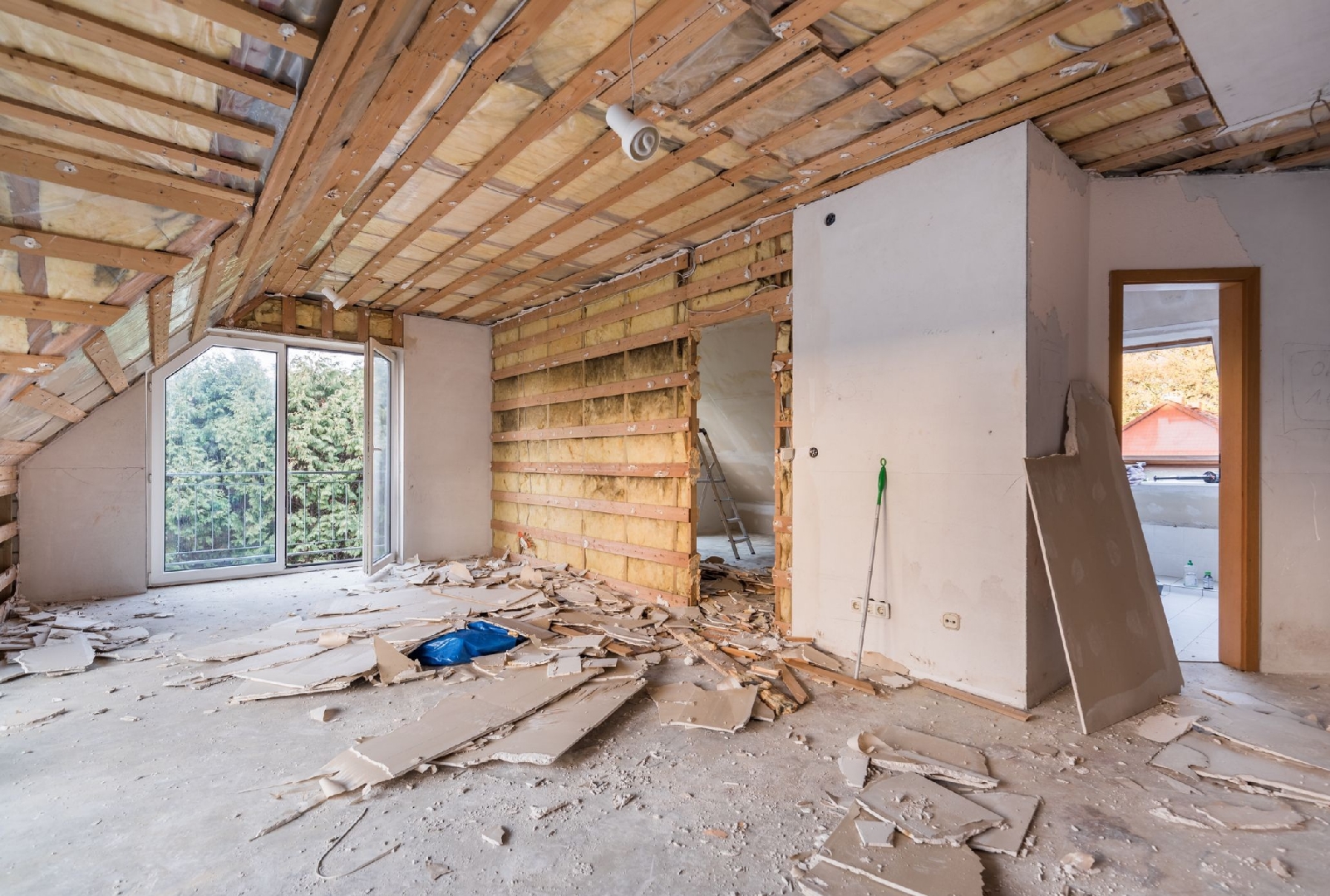Lake Properties Lake Properties
Lake Properties Lake Properties Yes, there are several advantages to buying a flat (apartment) rather than a house in South Africa. The choice between the two depends on your personal needs, lifestyle, and financial goals. Here are the key advantages of buying a flat in South Africa:
1. Lower Purchase Price
Generally, flats tend to be more affordable than houses in terms of purchase price, especially in urban areas. For the same price, you may be able to buy a larger or more centrally located flat, while a house might be in a more suburban area or smaller in size.
- Cost-effective for first-time buyers: Flats are often more accessible for first-time buyers or those on a tighter budget because of the lower cost compared to buying a standalone house.
- Higher demand in urban areas: Flats are in high demand in metropolitan areas like Johannesburg, Cape Town, and Durban due to their proximity to work, amenities, and public transport, which can make them a good investment in the long term.
2. Lower Maintenance Costs
Owning a flat usually means lower maintenance costs compared to a house. Here’s why:
- Shared maintenance responsibilities: Flats often come with a body corporate (homeowners’ association) that takes care of external maintenance, including the building structure, common areas, and amenities. This reduces the responsibility of individual owners.
- Smaller space to maintain: The interior of a flat is typically smaller than a house, which means lower upkeep costs for things like cleaning, repairs, and painting.
3. Security
Many flats, especially those in complexes or gated communities, offer better security features compared to standalone houses. Some advantages include:
- 24-hour security: Flats in secure complexes may have security guards, surveillance cameras, and controlled access points, offering added peace of mind.
- Low crime risk: Flats are generally located in areas with lower crime rates or are in close proximity to secure environments, such as urban areas or developments with high security.
4. Amenities
Many modern flat complexes come with shared amenities, which can enhance your quality of life and add value to the property. These can include:
- Swimming pools
- Gym facilities
- Clubhouses
- On-site convenience stores
- Play areas for children
- Laundry services
These amenities can save you money and effort, as you don't need to pay separately for gym memberships or pool maintenance.
5. Easier to Rent Out
Flats are often easier to rent out than houses, particularly in urban areas where demand for rental properties in close proximity to business districts, public transport, and amenities is high. Renting out a flat can provide a steady income stream with relatively low effort, especially if you're in a high-demand area. Additionally, flats can attract a variety of tenants, including young professionals, students, or people looking for smaller, more affordable living spaces.
- Higher rental demand in city centers: Flats in central locations (especially in Johannesburg, Cape Town, and Durban) may offer a better rental yield than houses, as people prefer to live close to work and amenities.
6. Location and Accessibility
Flats are typically found in prime locations, making them more convenient for people who work in the city center or need easy access to public transport. The benefits of this include:
- Proximity to work and amenities: You might find flats close to offices, shopping centers, restaurants, and entertainment venues. This means you can save on transportation costs and time.
- Public transport: Flats are often located near bus or train stations, making it easier to get around, especially for those who don’t drive.
7. Potential for Capital Appreciation
Flats in urban or desirable locations in South Africa may experience good capital appreciation over time. Areas like Cape Town’s city center, Johannesburg’s Sandton, and Durban’s beachfront suburbs tend to see steady property price growth, and flats located in these regions can offer a solid return on investment.
- Demand for rental properties: As mentioned earlier, flats in high-demand areas have a better chance of appreciating in value, due to strong rental demand and increasing urbanization.
8. Lower Property Taxes and Levies
Property taxes and levies are typically lower for flats compared to houses, especially in terms of municipal rates, as flats are smaller and situated in complexes where common expenses are shared among all residents.
- Levies: While flat owners must pay monthly levies to the body corporate for the maintenance of shared spaces and amenities, these levies are generally more affordable than the costs associated with maintaining a house and garden.
9. Community Living
Living in a flat complex often means you have access to a community of neighbors. This can foster a sense of belonging and provide opportunities for socializing and networking. The communal living environment might also offer some advantages, such as:
- Community support: In many complexes, neighbors watch out for each other, and you may form friendships with others living in your building.
- Shared experiences: Living in a flat can help reduce feelings of isolation, especially for singles or young professionals, compared to a house in a more isolated or suburban area.
10. Environmental Benefits
Flats are typically more energy-efficient than houses, mainly because they have smaller living spaces and are often built closer together, reducing heating and cooling costs. In addition, many flats are part of sustainable developments that include energy-saving features like:
- Solar panels
- Water-saving technologies
- Waste management programs
This is particularly relevant for environmentally-conscious buyers looking to minimize their carbon footprint.
Conclusion
Buying a flat in South Africa can be a smart choice for various reasons, especially if you’re looking for lower costs, maintenance ease, better security, and proximity to work and amenities. Flats are also ideal for those who want to invest in property without the hassle of managing a large property. Additionally, flats in prime locations often have good potential for capital appreciation and rental income.
However, flats also come with some trade-offs, such as potentially less privacy, limited space, and body corporate levies. Therefore, whether a flat is the best option depends on your personal preferences, lifestyle, and financial goals.
Lake Properties Lake Properties

























